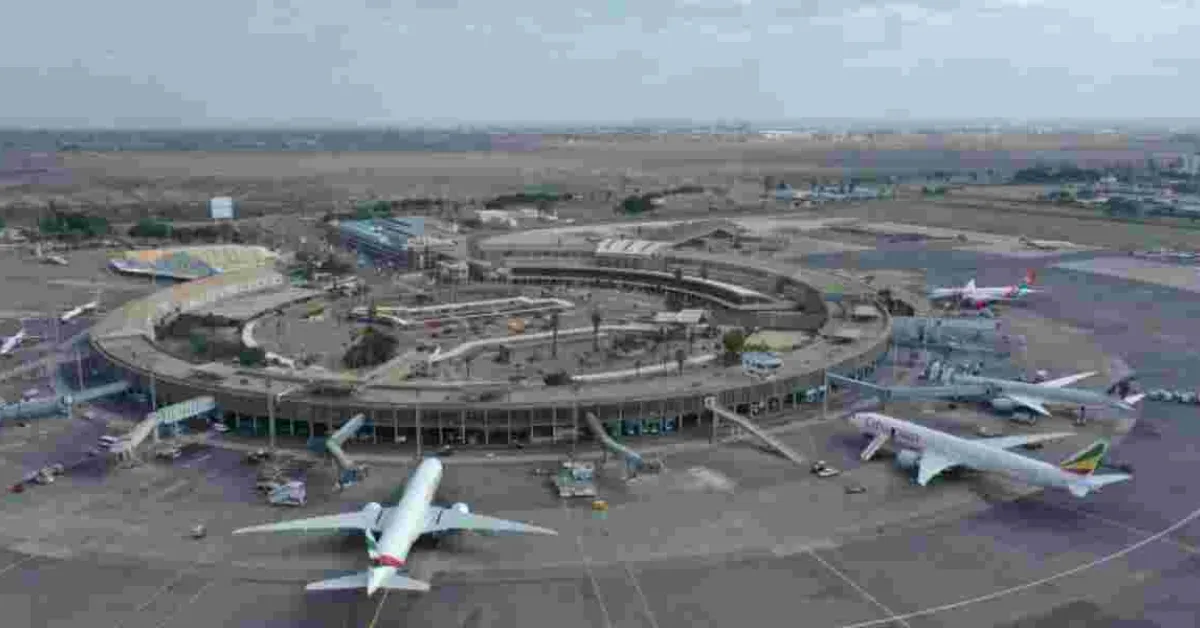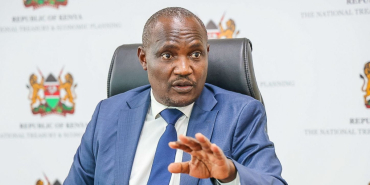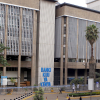President Ruto's Backing of JKIA Deal Sparks Outcry Over Elite Capture

The recent controversy surrounding the potential sale of Kenya's primary airport has rapidly evolved from mere social media speculation to a noteworthy issue of elite capture.
What initially appeared to be a minor disagreement between the Ministry of Transport and the Kenya Airports Authority (KAA) gained considerable traction when President Ruto addressed the matter during a public forum in Mombasa, confirming that the contentious deal has the full support of the highest office in the land. Despite the absence of comprehensive information regarding the privately initiated proposal or any formal contract, this revelation has illuminated the problematic nature of Kenya's Public Private Partnerships (PPP) agreements. The amended PPP Act of 2021 seems to have inadvertently paved the way for the exploitation of strategic national assets and infrastructure for private gain.
The legal framework surrounding this issue is complex. The KAA has clarified that the proposal in question is still in its early stages of consideration, which is permissible under the 2021 PPP Act. This legislation outlines four procurement methods for PPP arrangements: direct procurement, privately initiated proposals, competitive bidding, and restricted bidding. While these methods are listed in this order within the Act, their implications become more apparent when considered in the context of the broader public resource management architecture, particularly the Public Procurement and Asset Disposal (PP&AD) Act of 2015.
The PP&AD Act, enacted under Article 227 of the Constitution, aims to align all government procurement with constitutional principles. It superseded the 2005 Procurement Act and introduced its own set of regulations which received parliamentary approval in July 2020. The primary objective of this legislation was to consolidate all public procurement, including that of Kenya's overseas missions, under a single regulatory framework. Notably, the Act applies to all public agencies and prioritizes open tendering as the primary method of procurement, with alternative methods reserved for specific circumstances as outlined in the Act.
Many Kenyans express concern that decisions regarding the sale of strategic national assets should not be made without transparency and public input. This has led to demands for greater accountability in the PPP process and calls for a comprehensive review of the 2021 PPP Act. The public reaction underscores a broader issue of perceived elite capture in Kenya, with many citizens feeling that a small group of individuals is benefiting at the expense of the general population. The government now faces mounting pressure to address these concerns and ensure that public resources are managed in a manner that benefits all Kenyans.














Comments
Ruto must go. The man is a…
Permalink
Ruto must go.
The man is a thief.
Add new comment